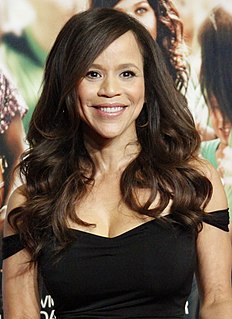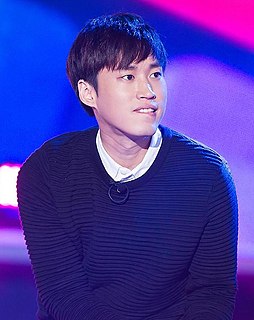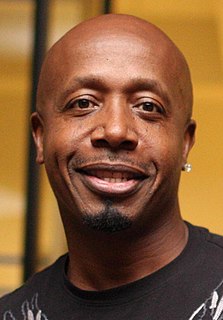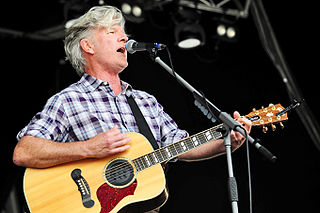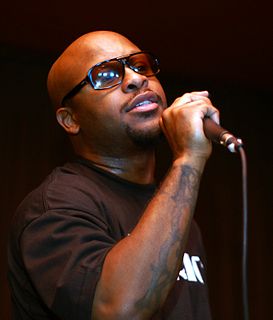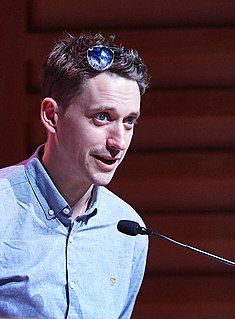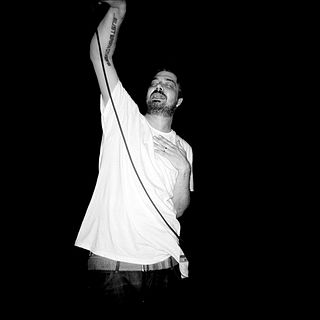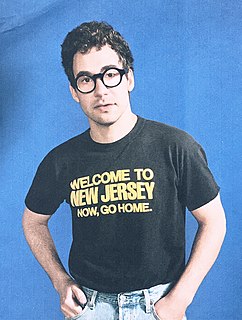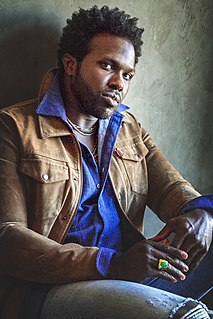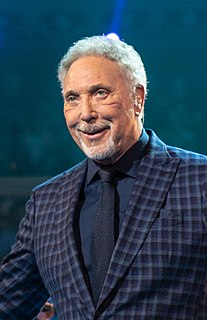A Quote by Vincent Cassel
La Haine - first of all, it was the story of friendship. I was very close with Mathieu Kassovitz; he was somebody I met in the nights of Paris. And the hip-hop scene and all that... You know, it was very much about doing our own thing, and some of the subject matter was so close to what we knew and the people we were hanging out with.
Related Quotes
Well, we have to realize the truth about the person who is a hip-hop insider. Most of these people are not really insiders. They are people who are chosen to do an interview and they will make a statement and say that they are a part of the hip-hop culture, but from an intellectual standpoint, they are not very sharp, because back in '1990..'91 one would criticize somebody for doing one type of commercial and say that's not real hip-hop and then another rapper turns around and sell them malt liquor and say that's real hip hop.
At the end of the day, when it comes down to it, all we really want is to be close to somebody. So this thing where we all keep our distance and pretend not to care about each other, it's usually a load of bull. So we pick and choose who we want to remain close to, and once we've chosen those people, we tend to stick close by. No matter how much we hurt them. The people that are still with you at the end of the day, those are the ones worth keeping. And sure, sometimes close can be too close. But sometimes, that invasion of personal space, it can be exactly what you need.
The big change was reggae and hip-hop, which came along after Split Enz had started. When Bob Marley first visited New Zealand, he lit a fuse that is still burning very brightly. The Maori people particularly honor reggae music in a very big way. So there is a strong reggae scene and a strong hip-hop scene, especially among Samoans. There's still plenty of quirky stuff around. No one expects to make much money here, so it definitely does encourage an underground sense.
At uni I met a lot of people I had nothing in common with. Some were very clever, some very rich, some very sporty. Some of them became my best friends, but not at first. Having things in common isn't always the best start to a friendship. I'd stick with it! Also, try to chat to people when they're on their own. So many people feel they need to perform in big groups.
Basically, I'm a perpetual student. I start by finding a subject I really don't know very much, but that I'm curious about. I learn about it through books in a library, by doing interviews with people who know a lot about the subject, and by going out on my own and seeing for myself what's happening.
What sets 'Some Nights' apart from anything we've ever done is the hip-hop influence. Not so much the actual sound of hip-hop, but more the vibrato and the artistry that comes with it. Right now, the artists that seem to be pushing to be the greatest artists and are trying to change the world are hip-hop artists.
I will say it's great - that Method Man - Cliff Smith - plays a rapper in a laundromat who is working out some lyrics sort of to the rhythm of a washing machine. And something about hip-hop culture and hip-hop is the ability to use current language and slang and reference details of life is very, very strong for me.
Socially, hip-hop has done more for racial camaraderie in this country than any one thing. 'Cause guys like me, my kids - everyone under 45 either grew up loving hip-hop or hating hip-hop, but everyone under 45 grew up very aware of hip-hop. So when you're a white kid and you're listening to this music and you're being exposed to it every day on MTV, black people become less frightening. This is just a reality. What hip-hop has done bringing people together is enormous.

